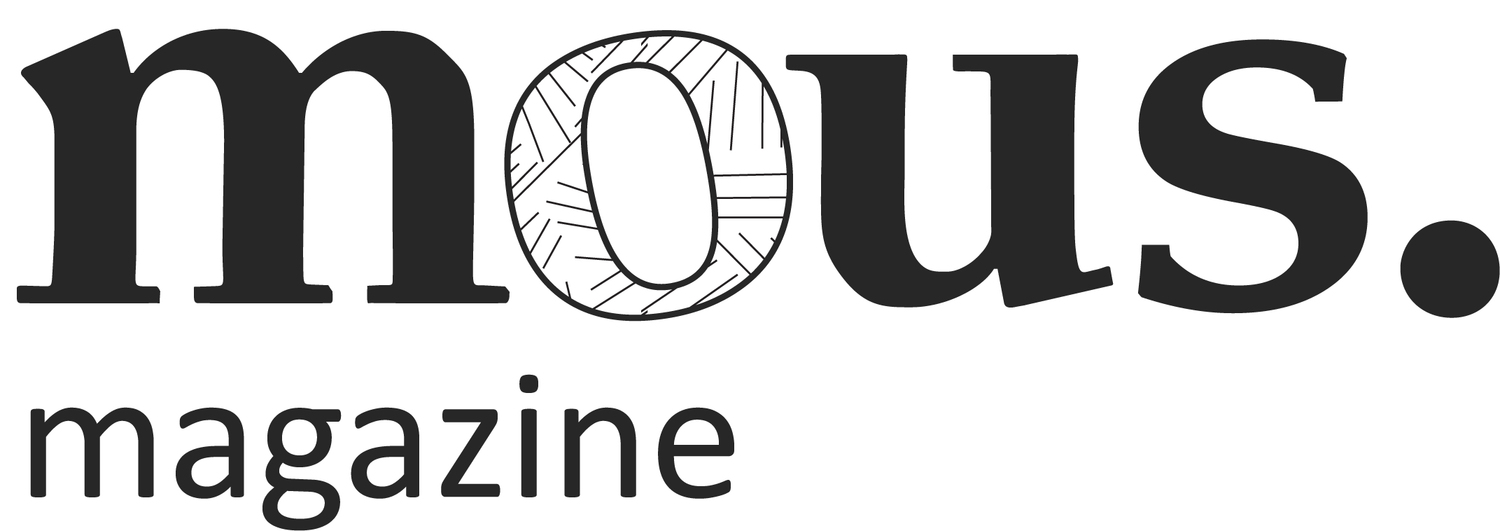/create/
In our busy and complex lives, we often turn to art for escape, even if only momentarily. The art created by Julien Pacaud indulges this need: his serene, dreamlike universes give us an opportunity to reflect and consider, whether it be his work, or our own lives.
We took a moment to explore these universes with him, and discovered the captivating story behind them.
Tell us about yourself. What led you to becoming an artist? Why digital media?
I realised quite late that being an artist was what I would want to do with my life. I was first interested in cinema, and attended a cinematography school in France. But after finishing my studies I realised that despite my love for cinema, it was maybe not the form of art that I was meant to do. I have a quite solitary temperament and need to work on projects that take a lot less time than a movie. I hadn’t learnt how to draw or paint, so I had to find the right tool for me, something that didn’t necessitate a particular artistic skill, like digital art. My discovery of it was quite random. During an internship I discovered Photoshop and what was possible to do in terms of image manipulation with a computer, and at once felt very comfortable with this tool. I learnt how to use it myself and experimented a lot for a few years before knowing that I could really become an artist.
Your artwork seems reminiscent of surrealism – do you draw your inspiration from art movements or particular artists, or does something else inspire you?
Well yes, I think that the surrealist movement has had a great influence on my art, and especially the paintings of De Chirico, and René Magritte, who is one of my favourite artists. I have always felt attracted to a surrealist vision of the world. Movies like those of David Lynch had a major influence on me, and as I saw them when I was still a teenager, they opened me to a new way of expressing one’s mind’s vision. I can be influenced by a lot of things: cinema, thrillers, ambient music, comic books. Like every artist, I guess, it is a big mix of all this that creates your own personal universe.
Let’s talk about your creative process: how do you start a piece? How do you know when it is complete?
I usually start a piece without knowing where I’m going. The image starts with one single photo element which tickles my imagination/inspiration, and I start to experiment with it, combining it with other different elements. I go back and forth like this, and sometimes it doesn’t lead anywhere, but sometimes the progressive constructions of the image reach a point where I have a clear idea of what the final piece should be. And the final stage is to try to make it look like this ideal picture that came to my mind.
Over the years, your style has changed, but all your artworks have one thing in common: they are all mesmerising. Tell us about your art and its changes – is there a particular piece you prefer over the others?
When I first started creating digital collage images, I think I was a bit “naïve” and wanted to mimic handmade collages made with paper, scissors and glue. Now, I don’t reject these artworks, but I realised that using digital tools allowed me to go a lot further. I wanted to add more coherence to my collages, to take them to a state where the viewer can’t really decide at once if it’s collage, photography, painting or something in between. I want the “parallel worlds” that I create to look plausible, and have also a more cinematographic feeling. I don’t really prefer a piece over the others, although I tend to like the latest ones.
Is there a particular message you wish to convey to your audiences? Would you consider your art a political commentary, a reflection of society, or something else entirely?
Absolutely not. I have no message to convey, and I usually hate art that conveys political or societal messages. I see myself has a creator of fiction, and I’d like for people to invent their own stories based on the images I present. Of course, showing my own vision of the world, even if it’s twisted and surreal, is a kind of message, but I want viewers to be free, doubtful, and maybe a bit lost in front of the artworks.
Where do you see your art progressing in five to ten years?
Frankly, I don’t really know. Sometimes I think that I should take an entirely new direction. I have moments of doubt and lassitude, but until now I always came back to this particular style and way to create. But I’m interested in a lot of things (music, writing, coding etc) and maybe in ten years I will have taken this new step.
Do you ever regret pursuing art?
Not at all. For me, it makes the world a more acceptable place, and its futility is what makes it so important.



